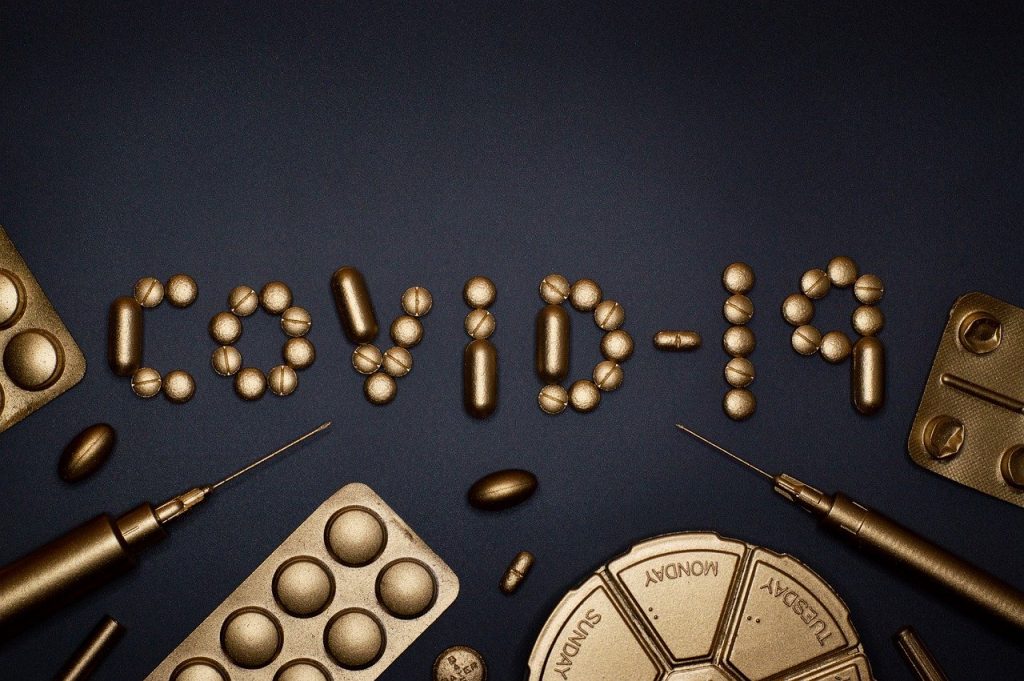There have been talks that a very specific type of UV rays can kill the coronavirus. This is a very interesting piece of news as everyone is already very weary of the current health crisis. If certain UV rays can really help deal with the problem, then it should be easier to get rid of it altogether, right?
These news have certainly made a lot of tongues wagging that some of them are now assuming that tanning beds can kill the deadly virus. This is quite an interesting take, really, as it can give people hope that something that’s already in use can help us deal with what’s plaguing us.
If we can just use tanning beds to get rid of the virus, then we shouldn’t worry too much anymore, right? We can just book appointments at our favorite salons like Beach Bum Tanning or Zoom Tan if we feel like we’ve been exposed or compromised?
The prospect is truly enticing but unfortunately, it’s not how it works. While it’s true that facilities use UV light devices to sanitize spaces to get rid of the virus, the said devices are not the same as tanning beds. So, in conclusion, tanning beds can’t kill the coronavirus that may be lurking in one’s skin.
The Science
To better understand the connection between tanning beds and the coronavirus, let’s take a look at what may have spurned the idea: UVC devices. Also known as ‘germicidal’ lamps, these devices have been in use for decades to curb the spread of different kinds of bacteria. It has been proven effective but there are so many factors that come into play for it to really work.
Studies have also shown that UVC lamps can destroy the SARS-Coronavirus’ outer protein coating. This leads to the inactivation of the virus, therefore, making them quite useful in the containment of the spread of the disease.
If it’s so effective, why aren’t these germicidal lamps being made more accessible and available to the public? It might seem unfair for the general population to not be able to get to use a readily available technology to deal with the virus but it’s for a good reason.
UVC rays are very dangerous. They’re actually harmful to all kinds of life which is why they get to destroy the coronavirus and other germs. There’s no guarantee that everyone is capable of properly handling such a technology, so it’s not really safe to let the public use it.
This is also where UVC lamps differ from tanning beds. These contraptions only really have UVA rays which then stimulate the skin to produce melanin or the brown pigment of the skin that it creates when you’ve been exposed to UV light. Tanning beds do not have UVC rays so it’s definitely not the same thing as these germicidal lamps.
Despite the serious risks UVC devices come with, some are still selling it to the public. If you ever came across one, it would be understandable if you feel enticed to give it a try. However, make sure that you don’t get exposed to it as it will cause skin ulcers and skin cancer for long-term exposure.
Keep in mind that these devices are also not regulated and designed for home use so there’s no guarantee that they will be effective for personal use. The ones used in medical and scientific facilities are engineered to disinfect specific spaces, factoring in not just the size of the space but also the kinds of contamination they’re trying to deal with. Those specifics help them guarantee effective disinfection. Compared to the lamps and wands being sold without governmental bodies’ approval, they might not do much in terms of disinfecting surfaces but might only cause harm to the person handling the device.
What to Do Instead
If you want to lower your risks of getting infected with the coronavirus, here are the other things you can do instead of trying to get your hands on a UVC lamp or using a tanning bed to kill the virus:
Follow the safety protocols recommended by experts.
There’s still so much that we don’t know about the virus but there are already quite a number of safety measures that we can observe to avoid getting infected and prevent the spread of the virus. Most of them are very easy to follow, especially the following:
- Do not touch your nose, mouth, eyes, and open wounds with unclean hands.
- Wear face coverings.
- Avoid crowded places.
- Clean and disinfect shared surfaces frequently.
- Observe social distancing of about 6 feet from other people at all times.
Wash up more frequently.
It’s said that the virus can stay on surfaces and get transferred to one’s body by touch or contact. This is why washing and disinfecting your hands thoroughly and often is a must as of late. Doing so will help prevent yourself from getting infected and spreading the virus further.
Limit your physical contact with other people.
Aside from social distancing, completely limiting your exposure to other people is also recommended if you want to lower your chances of getting infected. As the disease is primarily transferred from person to person, avoiding direct contact to others would be the most ideal.
